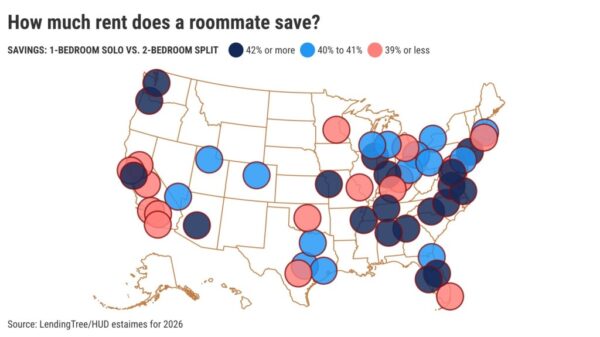Political discussions in the United States have intensified following recent admissions by members of the Republican Party regarding their use of gerrymandering. This practice, which involves manipulating electoral district boundaries to benefit a particular party, has raised significant concerns among voters and advocacy groups about the integrity of the electoral process.
Republican Admissions Raise Eyebrows
During the lead-up to the 2022 Midterm Elections, some Republican officials openly acknowledged their strategies to draw district lines in ways that would favor their party. This acknowledgement stands in stark contrast to the party’s historical emphasis on adhering to the U.S. Constitution and upholding the rule of law. Critics argue that such admissions reveal a troubling shift, where legal principles are increasingly viewed as flexible by certain party members, particularly those aligned with former President Donald Trump.
The implications of gerrymandering are profound, often resulting in uncompetitive elections and diminished voter representation. According to the League of Women Voters, gerrymandered districts can distort the electoral landscape, enabling parties to secure more seats than they would under fair representation. This raises questions about the overall health of democracy in the United States and the true will of the electorate.
Public Reaction and Legal Challenges
Public reactions to these admissions have varied, with many expressing disappointment in the Republican Party’s apparent disregard for electoral fairness. Advocacy groups, including Common Cause, have ramped up efforts to challenge gerrymandering through legal avenues, asserting that it undermines the democratic process. In some instances, cases have reached the Supreme Court, where justices are grappling with how to address the intricate legalities surrounding district mapping.
The debate surrounding gerrymandering is not confined to the Republican Party alone. Democratic officials have also been accused of manipulating district lines in states where they hold power. This bipartisan issue suggests that the challenge of ensuring fair representation is a prominent concern across the political spectrum.
As discussions continue, many voters are calling for reforms aimed at establishing independent commissions for redistricting. Such measures could help mitigate partisan influence, ensuring that electoral boundaries are drawn based on population and community interests, rather than political advantage.
The conversation about gerrymandering is emblematic of broader discussions regarding voting rights and electoral integrity in the United States. With upcoming elections on the horizon, the stakes are high for both parties as they navigate these contentious issues that could shape the future of American democracy.








































































